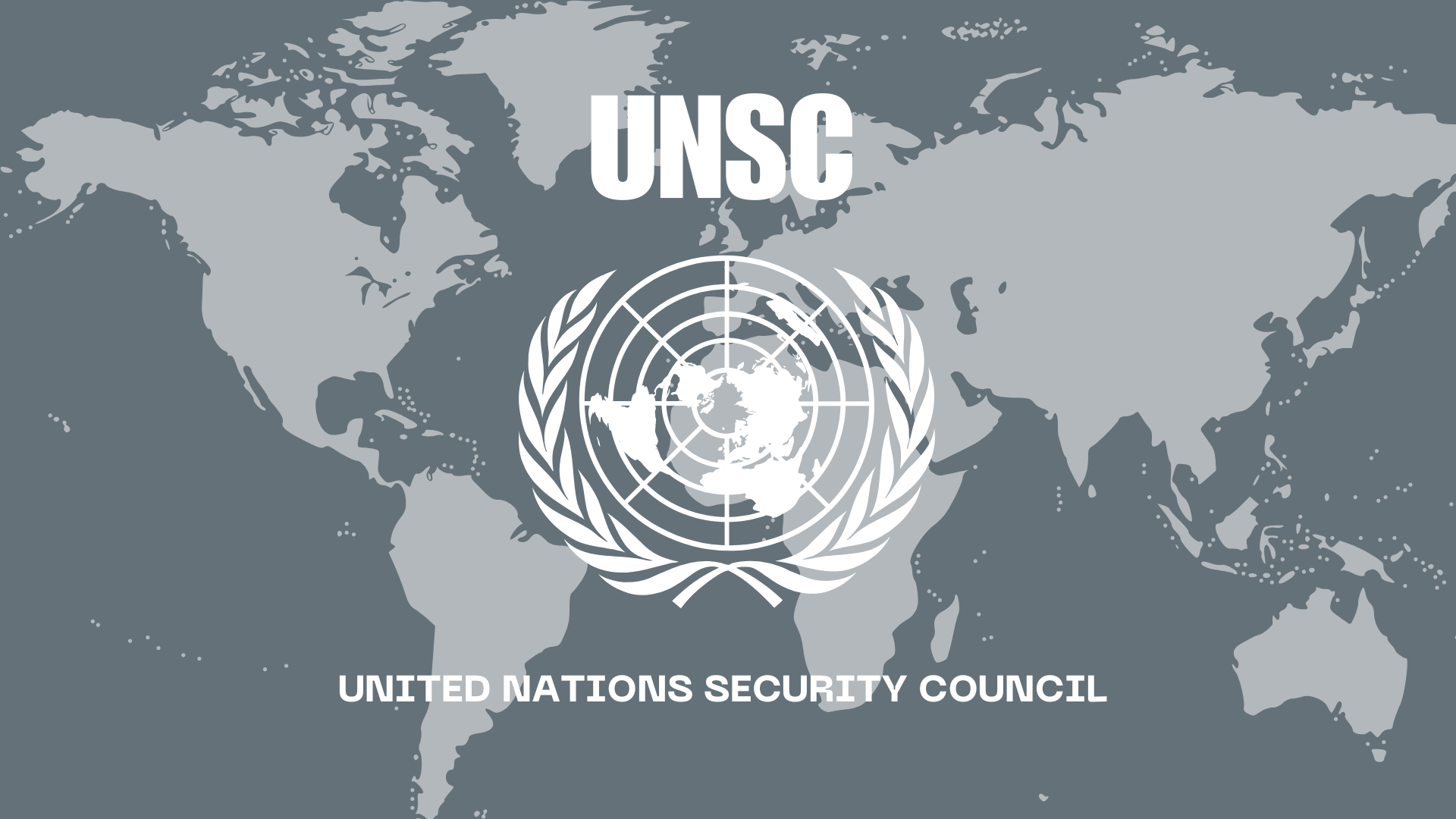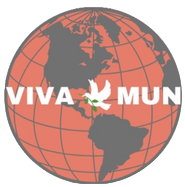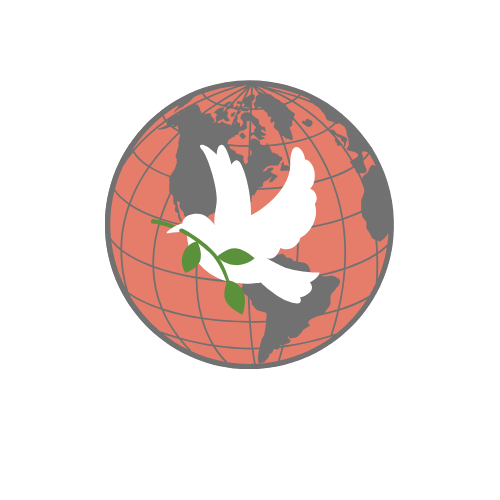
About The UNSC
The United Nations Security Council (UNSC) stands as one of the six principal organs of the United Nations and holds the primary responsibility for maintaining international peace and security. Established in 1945 following the end of the Second World War, the UNSC was designed to prevent the recurrence of global conflict by providing a platform for dialogue, diplomacy, and decisive action among nations. The Council is unique among UN organs in that it has the authority to issue binding resolutions, impose sanctions, and authorize the use of force to maintain or restore international peace.
The Security Council is composed of 15 member states—five permanent members (known as the P5) and ten non-permanent members elected for two-year terms. The permanent members—China, France, Russia, the United Kingdom, and the United States—were granted their status due to their significant roles in World War II and were given veto power over substantive resolutions. This veto power has been both a source of strength and controversy, as it allows any one of the P5 to block the adoption of resolutions, even if the majority supports them. The ten non-permanent members are elected by the UN General Assembly and represent different regions of the world to ensure geographic diversity and representation.
The UNSC operates under the UN Charter, which outlines its powers and procedures. When international crises arise—such as conflicts, invasions, or violations of international law—the Council convenes to assess the situation and respond accordingly. It can call for ceasefires, send peacekeeping missions, and create tribunals to prosecute war crimes. The Security Council has played key roles in events such as the Korean War, the Gulf War, and more recently, in addressing situations in Syria, Ukraine, and Sudan. It also oversees sanctions regimes targeting nations, organizations, or individuals deemed to pose a threat to international peace.
Apart from reactive measures, the UNSC also engages in preventive diplomacy and conflict prevention. It often deploys special envoys or political missions to fragile regions to mediate tensions before they escalate. Moreover, the Council has a strong influence on international legal norms and security practices, setting precedents in international conflict resolution, peacekeeping mandates, and counterterrorism efforts.
However, the UNSC has faced criticism over its structure and effectiveness. Many argue that the veto power of the permanent members creates a deadlock in urgent situations, especially when geopolitical interests clash. Others contend that the current composition does not reflect the modern geopolitical landscape, excluding major regional powers like India, Brazil, or African nations from permanent representation. Calls for reform have been persistent, yet consensus on how to change the structure remains elusive.
Despite these challenges, the United Nations Security Council remains the foremost body for international peace and security. It provides a formal mechanism for the world’s most powerful countries to coordinate action and holds unparalleled authority in matters of war and peace. In a world facing complex transnational threats such as terrorism, cyber conflict, and climate-induced instability, the UNSC’s role continues to be both essential and evolving.
The Agenda
The agenda for this committee this time around will be "The role of regional and subregional organizations in the maintenance of international peace and security". For more information about the agenda, check out the background guide featured below

